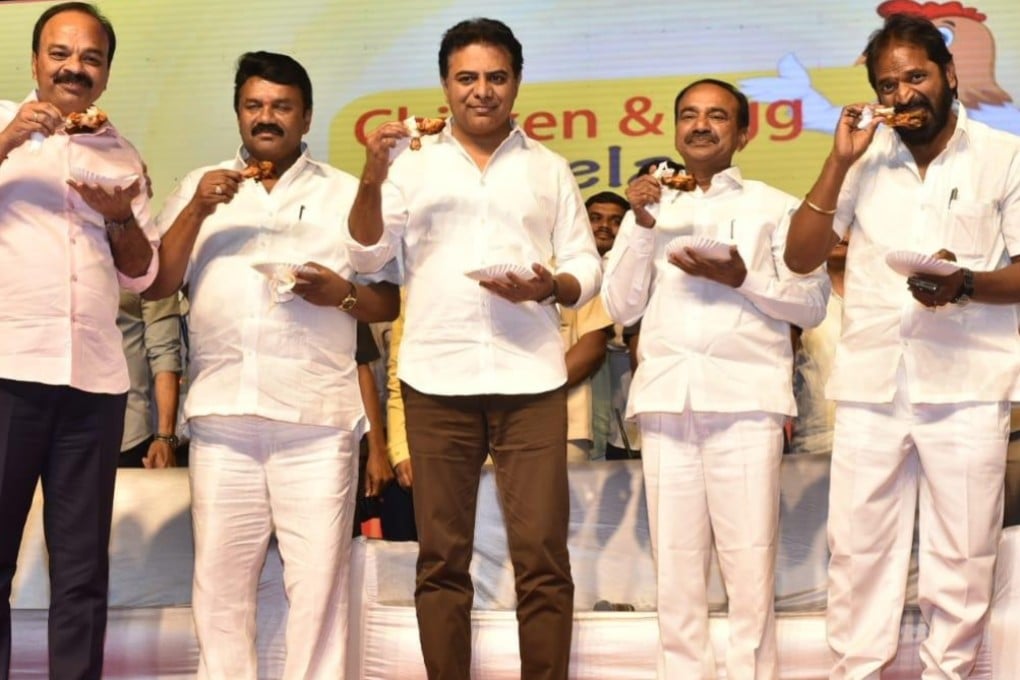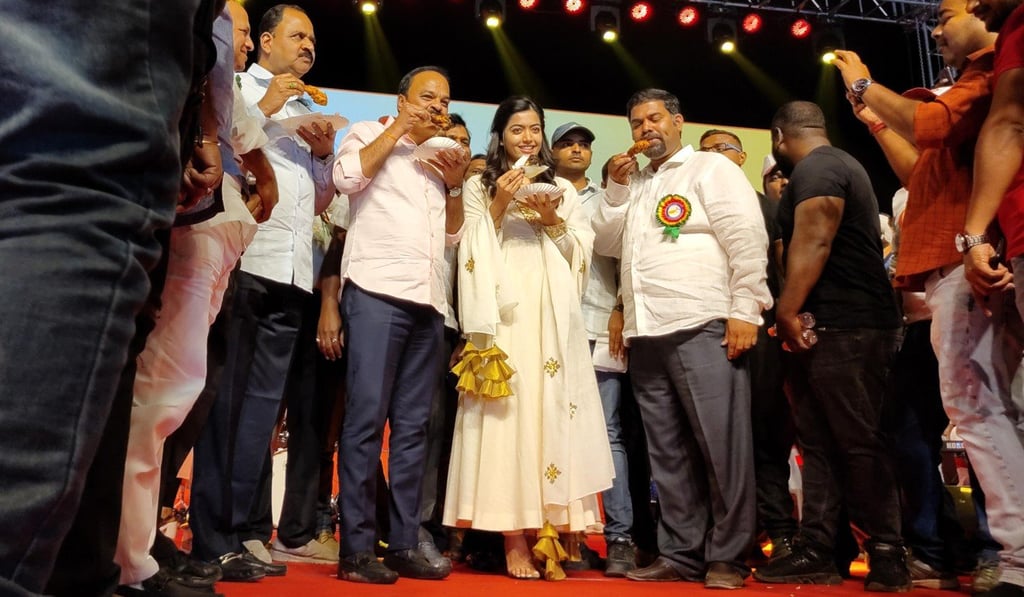India’s poultry industry sees up to 80 per cent drop in sales after coronavirus from chicken rumours
- India’s US$14 billion poultry industry is taking a massive hit after social media rumours that coronavirus could be spread by chicken meat
- Sales have dropped by 80 per cent in some areas, and clarifications put out by the industry have failed to stem the panic

Speculation is rife on Indian cyberspace platforms over possible avian links to the deadly Covid-19 disease, which has spread across the world and killed over 3,200 people, mostly in China.
With no substantiation, several messages are circulating in messaging platforms, particularly on WhatsApp, stating that the coronavirus could be transmitted via chicken meat. There have been a number of outbreaks of various strains of bird flu since it emerged in Hong Kong in 1997, resulting in the culling of 1.5 million chickens, ducks and geese, but these strains are not linked to Covid-19.

At the poultry industry event, lawmakers and celebrities were seen devouring chicken drumsticks on stage to encourage people to consume the meat.
Similar efforts are undertaken in other parts of the country to combat the fake news and rumours spreading on social media.